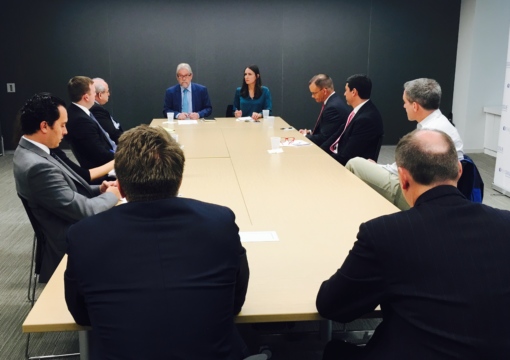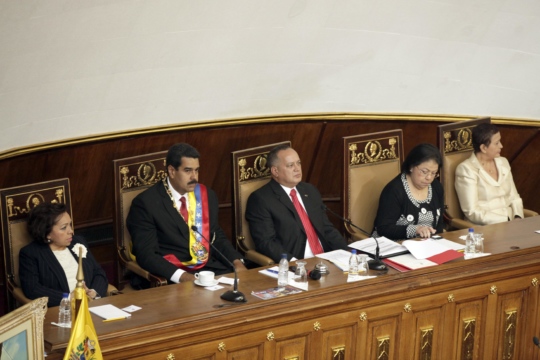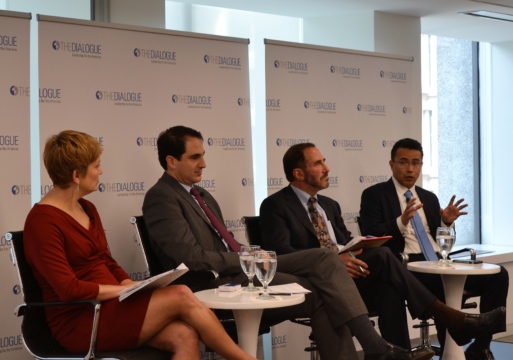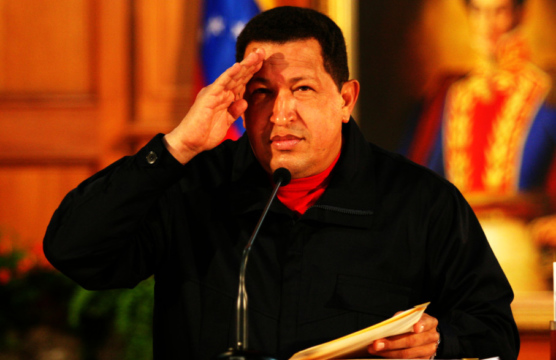
So Long, Chávez
Two decades ago, the US and Latin America seemed poised to forge new political and economic partnerships. Since Chávez, the sense of community has dissipated.
Two decades ago, the US and Latin America seemed poised to forge new political and economic partnerships. Since Chávez, the sense of community has dissipated.
Hugo Chavez, the Venezuelan president, has clearly been enticed by the Libyan drama, where his longtime friend and ally, Muammar al-Qaddafi, is under siege from rebel forces.
Is the Venezuelan government likely to comply with the IACHR’s ruling or will it uphold the ban?
En la búsqueda de consensos para realizar reformas a su sistema educativo, los últimos dos gobiernos de Venezuela han llevado adelante experiencias masivas para generar propuestas concretas, destacándose el Compromiso Nacional Educativo y el Proyecto Educativo Nacional, respectivamente. El proceso de generación de un nuevo proyecto para la educación no…
Across Latin America, the sustained decline in global oil prices has had a profound impact on economic growth, political stability and the viability of resource nationalism – when governments assert more control over the nation’s natural resources.
While the Trump administration’s “America first” policies are aimed primarily at giving higher priority to national security and economic growth for the United States, the White House’s approach will have impacts on energy relations with the rest of the hemisphere that should also be considered.
Lisa Viscidi, Director of the Energy, Climate Change and Extractive Industries Program, testified before the US House of Representatives Committee on Foreign Affairs on the subject of “Energy Opportunities in Latin America.”
In the early 1980s, when the Inter-American Dialogue was born, the U.S. was actively supporting right-wing governments from El Salvador to Nicaragua. There were “tremendous misunderstandings between Latin America and the United States,” says Michael Shifter, longtime president of the D.C.-based think tank. These days, it seems those tremendous misunderstandings have returned with a vengeance, making the Dialogue’s work even more relevant.
El viernes 2 de Junio, Michael Shifter habló con America 360 para discutir la situación en Venezuela y el impacto que puede o debe tener la Organización de los Estados Americanos (OEA) sobre la crisis en este país. El presidente del Diálogo también habló sobre el papel de EEU y como seguirá aplicando sanciones contra oficiales del gobierno chavista.
The Trump administration’s desire for meaningful action towards Venezuela is understandable, but it risks learning the wrong lessons from recent failures.
The constituyente could set the stage for the Maduro government to consolidate its power, criminalize the opposition, and usher in a new and even darker phase in Venezuela’s crisis.
Is the constituent assembly the real turning point in Venezuela’s crisis? The International Crisis Group’s Phil Gunson reports the view from Caracas.
In spite of a steady economic recovery, low inflation and improving fiscal balances, Latin America is seeing weak private investment in energy and other sectors.
President Trump’s sanctions strategy against Venezuela remains committed but ineffectual, and banning a smallish band of regime loyalists from traveling to the United States will do little to change that.
Latin America faces many challenges in developing its energy resources and providing clean, affordable and reliable energy. With presidential elections in Brazil, Mexico and Colombia next year, there is considerable uncertainty about future energy policy, as potential candidates in these countries have presented widely varying energy and economic policy platforms.
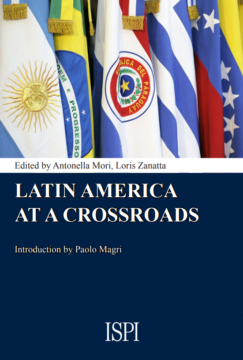
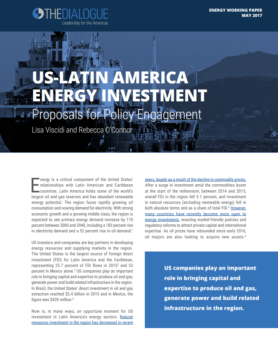
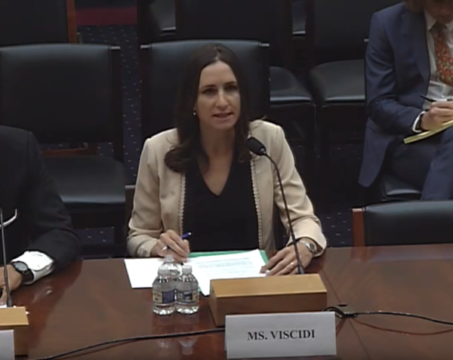 Video
Video
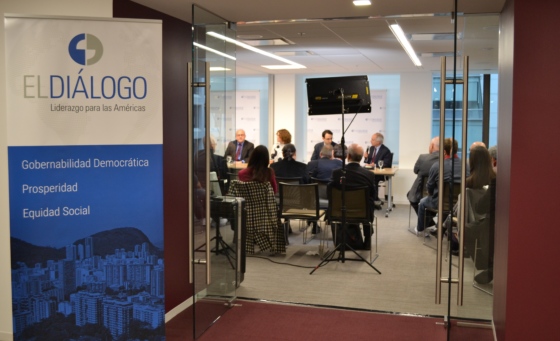
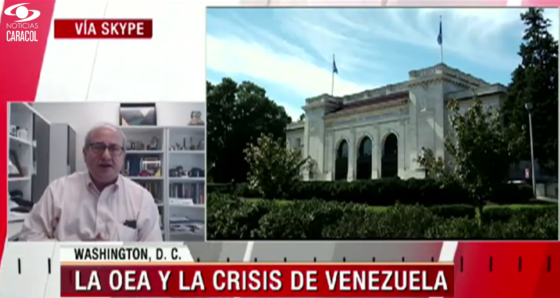 Video
Video
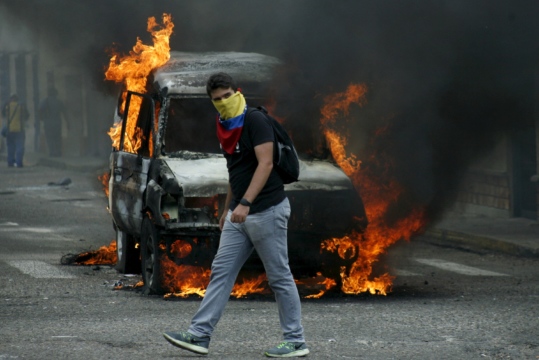
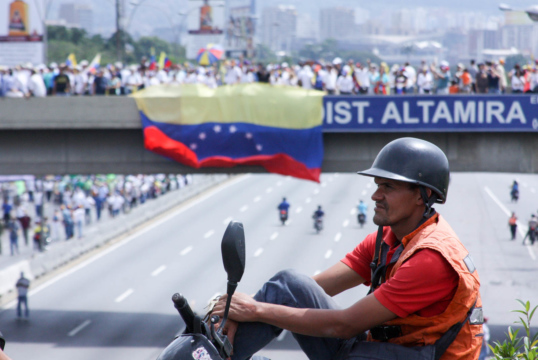
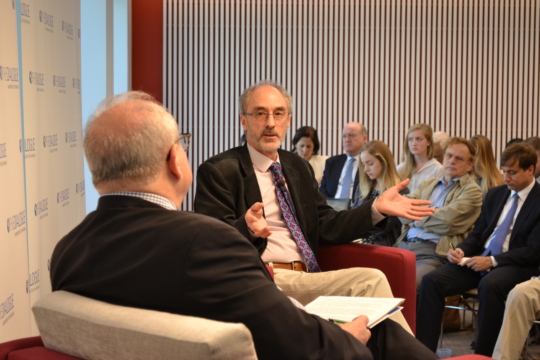 Video
Video
